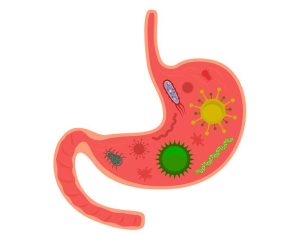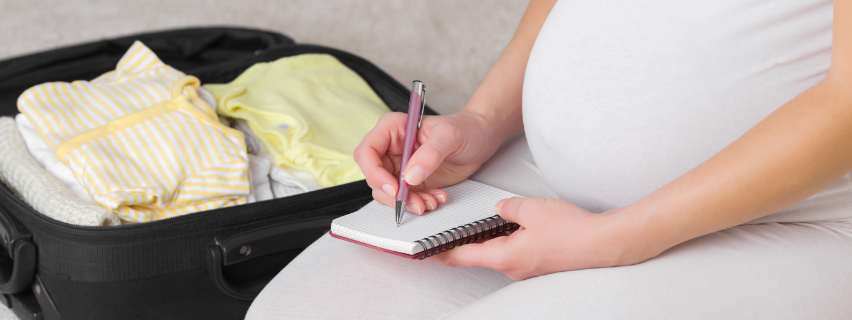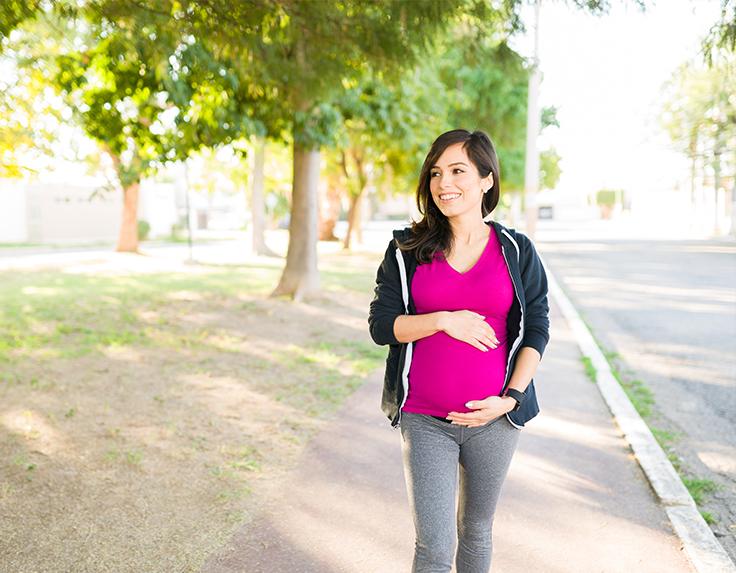Fasting is a widespread practice that is advised for various health benefits that it has to offer. Though it maintains health, when you are expecting a baby, the doctors advise against fasting at any given point in time. The nutritional needs of the female’s body as well as the growing fetus are much higher than a normal female. This need does not allow the female to opt for fasting at any time if she is expecting a baby.
Fasting In Pregnancy
Pregnancy is a beautiful but trying time of any couple’s life. Along with the bliss that comes along with it, the problems like nausea, morning sickness, exhaustion, lack of sleep etc take a toll on the mother-to-be.
Pregnancy is the time when mother and baby demand high nutritional value both- for the baby’s development as well as the well-being of the mother. Fasting during such a time will not only lead to nutritional deficiency in the mother but can also result in problems with the baby.
Fasting during any time of pregnancy is not recommended but specifically, during the critical period of 22- 27 weeks, it may be particularly risky.
Side Effects Of Fasting During Pregnancy

Though there are many who speak in favor of fasting even during pregnancy, fasting is known to have these side effects if done during pregnancy:
● Some studies have seen a rise in premature labor due to fasting during the period.
● It is linked to the low birth weight of the baby
● The baby and mother could be deprived of essential nutritional intakes.
● It could lead to a drastic fall in blood glucose levels.
● It can result in dehydration if fasting includes no intake of fluids and water.
● Some cases have also seen the baby shorter in length.
Precautions To Take If You Are Fasting During Pregnancy
Though there are mixed emotions regarding fasting during pregnancy, there are some mothers who fast during pregnancy. Here are some of the precautions that mothers must follow if they decide to fast during the pregnancy:
● Avoid physical activity during the fast. Physical activity can lead you to exhaust your energy much faster than usual.
● Drink plenty of water and fluids throughout the day if the fast allows you to drink the water and other liquids.
● If the fast doesn’t allow you to drink any fluids either, drink plenty of fluids before the fast so as to maintain the water balance in the body.
● When you are breaking your fast, break it with something that is gentle on your digestive system as the digestive system would have slowed down after fasting.
● Include a balanced meal to break the fast. This will allow your body to ingest the nutrients after the whole day of fasting.
● Allow yourself to be well rested.
FAQs
1. Is Intermittent Fasting While Pregnant Safe And Healthy?
Doctors advise against intermittent fasting while pregnant. Doctors state the following reasons why intermittent fasting is not advisable for you and your baby during the pregnancy:
● It might increase the risk of preterm labour (in other words, premature birth of the baby) specifically if fasting is done during the second trimester.
● Milk quality and supply for the baby might be compromised because of it. The body produces milk due to the nutrition that it receives but fasting means no new nutritional supply for the mother and the baby. Restricting calorie intake or fasting for too long can have adverse impacts.
● Low blood sugar can be one of the results. This is one of the most dreaded conditions during pregnancy as well. This is known to make the mother faint and is associated with decreased movement of the fetus.
● Nutritional and vitamin deficiencies are a definite outcome of fasting. Pregnancy is not the time to stay away from calories because of the high nutritional needs of both mother and the baby. According to doctors, a pregnant woman needs approximately 300 extra calories per day during pregnancy.
2. Can Fasting Harm The Baby During Pregnancy?
Although there are conflicting opinions on this, doctors say that fasting during pregnancy can harm the baby.
Fasting has been linked to the premature birth of the baby along with lower birth weight and lower height during birth due to nutritional deficiencies and other issues that arise because of it.
3. How Long Can I Fast While Pregnant?
Fasting during pregnancy is not recommended by doctors. Fasting during pregnancy is proven to have various effects on the mother and the baby which are not necessarily positive so it is best avoided.
Fasting for any period of time is not recommended. Even intermittent fasting which means restricting the calorie intake is not recommended during the time period. The mother and the baby need and demand high nutritional intake which if not supplied can lead to nutritional deficiencies and low blood sugar in the mother’s body. These, in turn, will lead to nutritional deficiencies in the baby and other problems.
Taking care of your health after PregaNews confirms your pregnancy is your responsibility as a mother-to-be. You are responsible for the health of your unborn child and it is advisable that you don’t indulge in any behavior that can put the baby at risk.




























































